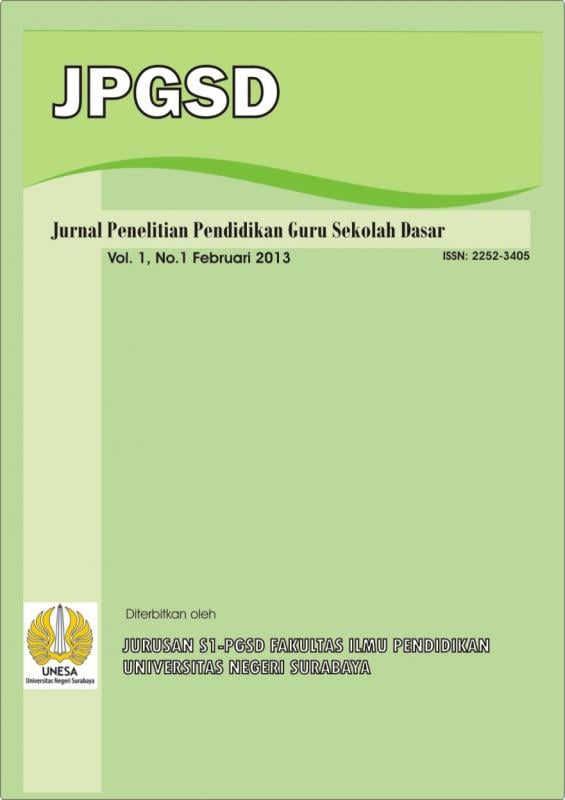Array
Abstract
This developmental research aims to develop a Decimal Multiplication Board (PAPEDA) as a medium to enhance students' decimal multiplication skills. The type of research used is developmental research using the ADDIE model, which involves five stages: analysis, design, development, implementation, and evaluation. The decimal multiplication board proves to be an effective solution in teaching decimal multiplication, resulting in more enjoyable learning experiences and increased student engagement for fifth-grade elementary school students. This research evaluates the feasibility of the Decimal Multiplication Board (PAPEDA) as a teaching medium for decimal multiplication in fifth-grade elementary school students. The results of this research indicate success in several aspects, including feasibility, effectiveness, and practicality. The material validation results show that the PAPEDA received a score of 86.1%, categorized as "Very Valid," and the media validation results show a score of 85.7%, also categorized as "Very Valid." This indicates that the decimal multiplication board is well-suited for teaching decimal multiplication. In the effectiveness test, the results show an improvement from the pretest to the posttest, with an effectiveness score of 76%, categorized as "Very Effective." The practicality of the PAPEDA achieved a score of 91.9%, categorized as "Very Practical." The implementation of this medium can be easily conducted and meets the learning needs of fifth-grade elementary school students. Overall, the Decimal Multiplication Board (PAPEDA) has proven to be an innovative and effective solution in supporting the decimal multiplication skills of fifth-grade elementary school students by providing an interactive medium and fostering student engagement.
Downloads
 Abstract views: 53
,
Abstract views: 53
, PDF Downloads: 178
PDF Downloads: 178







